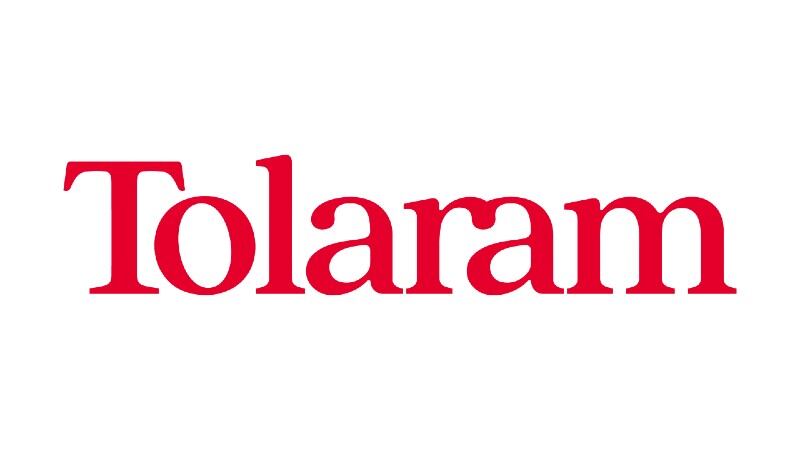Although the firm’s headquarters are based in Singapore, its commercial food activity has mostly been based in Africa since the 1980s, where it is best known for the local manufacturing of Indomie instant noodles as well as the marketing and distribution of Kellogg’s and Arla brand Dano products.
Indomie is the top-selling instant noodle in Nigeria, where it held over 70% of the market as of 2020.
So far, Tolaram’s Asian activities have mostly been centred on the banking sector in Indonesia but moving forward the firm is looking to expand its focus in the region to include more food industry action, starting with the alternative protein industry.
“Providing food and affordable satiety is at the core of what we do, and we have a three-pronged formula for a successful consumer product in emerging markets – it must be acceptable, affordable and available,” Tolaram New Business Development Manager Avinash Aswani told FoodNavigator-Asia.
“Protein is an essential macronutrient that we’ve always been interested to offer, but creating a tasty, sustainable, and affordable protein rich product has had its challenges in [terms of being] being affordable - meaning being cost effective on par with traditional protein sources i.e. meat; as well as being acceptable in terms of taste and synergy with local preferences.
“But today we’re finding that [many new products and protein delivery processes are being developed] using plants (plant-based), microorganisms (fermentation-based) and cells (cell-based). [We believe that] with some adaptation based on our market knowledge and scaling experience, these innovations have significant potential [for] emerging markets, and are thus viable business opportunities for us.”
Tolaram will initially first be taking an investment approach to its alternative protein market entry, and Singapore will be the firm’s first centre of focus as its headquarters are based here and also as the ‘epicentre of food innovation in Asia’.
“[The alternative protein space] is developing rapidly in Singapore thanks to strong government support so there are many related companies based here,” said Aswani.
“[The first move we have made here] is the recent backing of Singapore-based Shandi Global with its realistic plant-based chicken. They figured out how to do this cost-effectively, making it a viable product to scale to emerging markets with us,”
“We are also looking at Indonesia where we have strong roots– we understand the country culturally and are keen on expanding into the food sector here [especially as] we have noticed that plant-based and healthy eating is growing rapidly here too.
“The younger generation of consumers in Indonesia is more health-conscious, so we do believe that if the taste and the price are right, it will not be hard to get them to adopt plant-based products.”
Just getting started
Aswani added that the firm is currently still exploring all alternative protein options in Asia, and is not fixated on any specific type of technology or product format as long as it fits their three criteria.
“There are several tracks of technologies that are all working towards solving our food problems of tomorrow, and it’s just getting started [so] we’re not fixated on a particular technology or format,” he said.
“The main thing for us is that it is suitable for emerging markets – so what we’re after are not luxury, premium-end products like say a plant-based wagyu which would sell for high prices, but rather something that would suit the average consumer in an emerging market like Indonesia, with the potential to scale up and radically change the food system.”
Challenges and localisation
Aswani also highlighted that despite the obvious differences, there are many similarities between the Asian and African food and beverage markets.
“Both require overcoming challenges with setting up robust supply chain, manufacturing and distribution models for scale, and navigating political and economic risks,” he said.
“This is something we are good at, and we have done this beyond Nigeria – in Ghana, Egypt and South Africa for example – [so] we believe we can also provide the same support for operational ability, production and sales to emerging markets in Asia, markets that are generally more challenging, as we have done it before in even more challenging geographies.”
In addition, the firm’s plans for Asia have started with investment in other alternative protein firms, but it is looking at potentially establishing manufacturing and scaled-up production of its own in the region as well.
“We’re looking first to invest in firms that have more of an R&D focus as we are not R&D experts, and that is a gap we want to plug here, [but] there is certainly potential for us to manufacture products here directed at the Asian market in the future,” said Aswani.
“This is because we do realise is that all continents, whether Asia or Africa, all prefer local products from local manufacturers, which can meet local tastes and preferences.
“Even within a single country, consumer tastes can differ widely from north to south, east to west - – so we will adapt accordingly.”
Localisation in terms of ingredient sourcing is also important to the firm in light of the COVID-19 pandemic.
“We are a food company and that comes with its responsibilities. Even in the face of adversity, we must ensure we can still supply our products to the market,”
“Many ingredients and components of our products are sourced locally, which helped when COVID emerged and cut off global trade routes. We will continue to build resilience by further sourcing locally where we can.”





